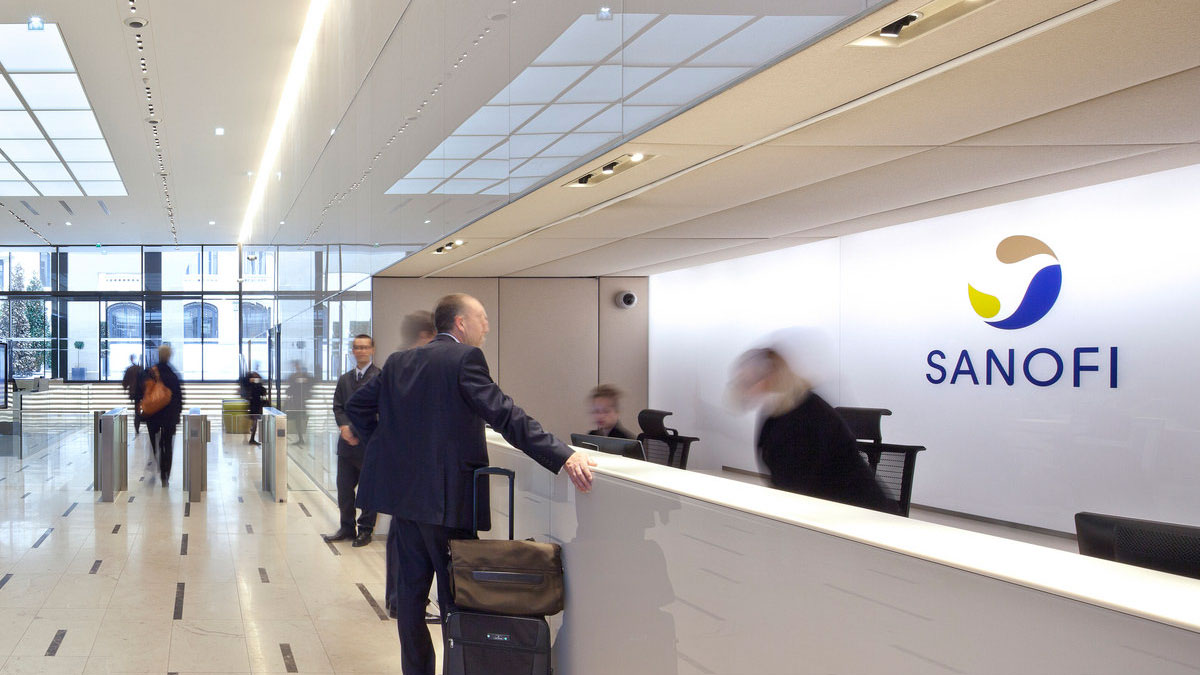NICE rejects Sanofi's Cablivi for rare blood disorder TTP

NICE has rejected Sanofi’s Cablivi (caplacizumab) for the rare blood disorder thrombotic thrombocytic purpura (TTP) in first draft guidance.
The cost-effectiveness body said that Cablivi, combined with plasma exchange and immunosuppression, reduces time to bring blood platelet levels back to normal.
It also cut the number of plasma exchange treatments needed and the amount of time in hospital and intensive care, according to the guidance.
NICE also noted that Cablivi may reduce the long-term complications of TTP and risk of death around the time of an acute episode.
But NICE said that trials used for approval did not look at either length or quality of life over the long term.
This means that the cost-effectiveness estimates for the drug compared with standard care are very uncertain.
While Sanofi estimated that Cablivi would cost around or just under NICE’s cost-effectiveness threshold of £30,000 per Quality Adjusted Life Year, NICE’s independent committee estimated that the cost per QALY could be between £47,000 and £120,000.
The former accepted Sanofi’s estimated short-term survival benefit but assumed no survival benefit in the long-term.
The latter figure assumed no survival benefit in the short or long term around an acute episode.
Assuming no benefit of Cablivi on the rate of long-term complications such as cognitive impairment and mental health issues compared with standard care increased this further.
NICE asked for further data about the probability of dying around an acute episode, and further estimates of Cablivi’s long-term treatment effect.
It also wanted further details about the drug’s long-term treatment effect, such as on morbidity and mortality compared with standard care for the UK population, particularly for serious organ damage.
Sanofi added Cablivi to its pipeline when it acquired Ablynx for 3.9 billion euros at the beginning of 2018 after outbidding Novo Nordisk.
TTP is a rare disease where blood clots form in small blood vessels throughout the body, limiting the flow of oxygen to organs, such as the brain, kidney and heart.
NICE is consulting on the guidance until 26th June, ahead of a second appraisal meeting next month.













